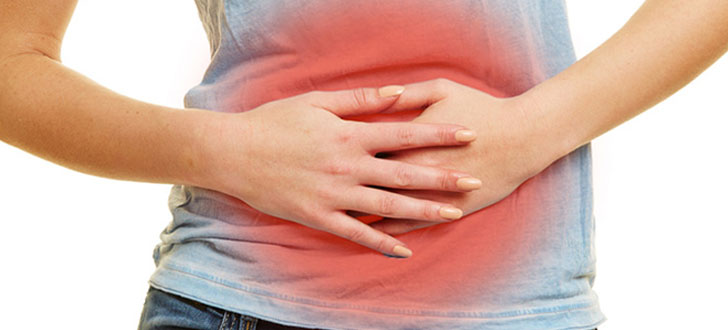
The main symptoms includes intermittent cramp-like pain in the abdomen, abdominal distention(Swelling), frequently on the left side, temporary relief of pain by bowel movements or temporary wind, sense of incomplete mass departure of the bowel, excessive winds and symptoms aggravated by food. Various other symptoms may also occur as a part of irritable bowel syndrome, like heartburns, pain in back, weakness, faintness, disturbance, tendency to line easily, reduced appetite and palpitation.
A fitting restorative history is generally sufficient to diagnose peevish entrail disorder (IBS) in patients
and there are no particular tests to diagnose it. In any case, the doctor may request certain tests to
decide out different conditions that may impersonate peevish entrail disorder (IBS). A percentage of the
examinations that may be performed for this reason include :
- Blood tests.
- Stool test.
- Sigmoidoscopy or colonoscopy.
- Computerized tomography examine (CT output) of mid-region and pelvis.
- Lactose bigotry tests – Tests may be carried out to see whether you have narrow mindedness to lactose (which is found in milk and milk items).
On the off chance that the consequences of these tests don’t substantiate conclusion of some other ailment condition, the doctor may affirm the finding of peevish gut disorder (IBS).
Rome criteria for diagnosing crabby gut disorder (IBS):
As indicated by Rome criteria for IBS, a patient must have the accompanying manifestations for no less than 12 weeks in the past 12 months; these weeks require not be continuous :
Stomach torment which is :
- Relieved by entry of stools.
- Accompanied by change in recurrence of stools at the onset.
- Accompanied by change in consistency of stools at the onset.
Also, the patient must likewise have two of the accompanying peculiarities no less than 25% of the times :
- Altered stool recurrence.
- Altered stool structure.
- Altered entry of stools (straining, direness, and so on.)
- Mucus with stools.
- Bloating of belly.
These criteria are frequently utilized by doctors as a clinical apparatus to detect irritable bowel syndrome (IBS)





